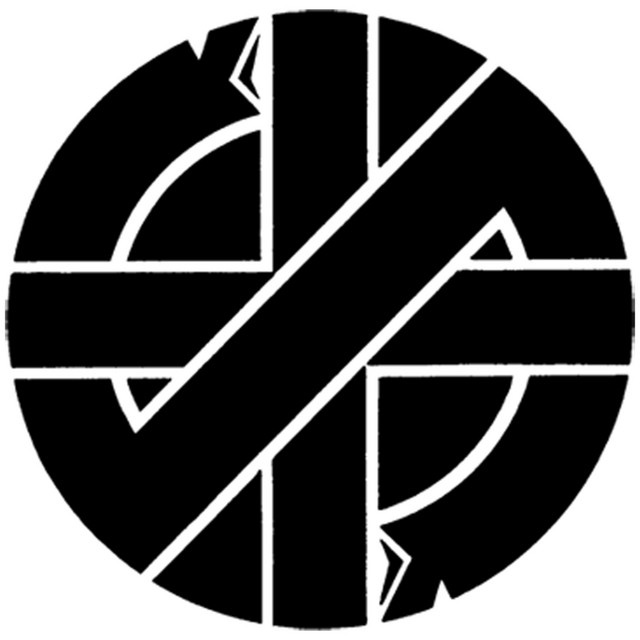There was a time when artists made art and got drunk.
There may be a few that still live this dissolute, highly memorable and oft-enjoyable lifestyle but they appear to be in short supply. To illustrate this I found a meme…
1985 saw the end of Crass, that anarcho-punk powerhouse that shaped the early eighties. Followed by ‘an army’ of black-clad crusties and discussed in the House of Commons, their first album being banned for some time, Crass emerged from an art college forming a loose collective of vinyl, print, graffiti and photo collage artists. Interestingly, after a series of chaotic gigs Crass gave up the booze to concentrate on activism. It was safer that way as they were often targeted by the bane of every punk’s life back then, the Skinhead.
Today, every artist in development seems to think that they can ‘make it’ by developing a website, by promotion on social media, by networking and by online engagement. This is onerous spelt large. I should know, delivering two service businesses that require people participation to remain viable.
This self-promotion requires skill, and far greater skill than the modules and tutors of an Art Practice degree can impart to students. And here is the thing. It’s all a waste of time. Social media wants the artist’s content for its feeds, the traffic that is generated for them, for its own growth. It sucks up an endless stream of hard-crafted words and images and hides away that work in the timelines. It will never be seen again… And so the artist thinks up another gem and posts that, hoping beyond all reason, that over time their USP will be noticed, that their work online will eventually fruit and blossom.
All the time the artist is monitored by the bots and sometimes by real people too. The artist has to be careful what they say, for fear of being banished, receiving a strike or in my case shadowbanned. And if the artist has to take care when writing or painting or making in whatever discipline then something key to their practice is lost. And as consumers, we see that.
There is a lurch to the bland, brought about by censorship Chinese style, imposed upon us by the US Government and similar others in collusion with big tech such as Facebook and Instagram and Twitter (although there is the hope of a likely brief but honest revival of free speech on that platform with Musk at the helm).
Crass could not exist today. Music does not get distributed in the same way. There are no youth movements. Every teenager walks down the street, eyes glued to the phone in front of them rather than the world around them, watching twerking arses or trampolining cats on Tik Tok. Facebook would ban them, there would be calls for Crass to be cancelled.
And that is what, I believe, artists are afraid of. The invisibility of being on the wrong end of the cancel culture hammer. That fear, however, will ultimately lead to their failure to connect and thrive via a stream of bland, meaningless and curated big tech output.





